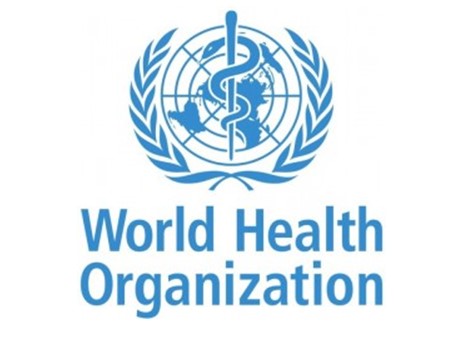The World Health Organization (WHO) welcomes Egypt’s decision to accept 81 injured and sick people from the Gaza Strip for treatment.
WHO has been working to support the Egyptian Ministry of Health and Population in planning and establishing a comprehensive triage, stabilization, and medical evacuation system, by providing ongoing training for health care staff. WHO is also working with the Egyptian Red Crescent Society to ensure that psychological trauma support services are available to patients.
Our experts have visited Al-Arish, visited medical evacuation facilities and met with medical staff and ambulance paramedics who received advanced life support training. There are 65 ambulances equipped with full resuscitation and life support capabilities. Thirteen of the ambulance teams include trained emergency doctors in addition to paramedics with advanced life support training.
Al-Arish Hospital will be the main first referral hospital. It has fully equipped resuscitation and intensive care facilities, and a range of surgical teams to manage severe injuries, including major trauma and burns. Onward referral arrangements to second-line hospitals in Egypt are also in place.
Thousands more people inside the Gaza Strip continue to need access to urgent and essential health services amid shortages of medicines, health supplies and other aid such as fuel, water and food. Those in serious need include thousands of seriously injured civilians (many of them children); more than 1000 people who need kidney dialysis to stay alive; more than 2000 patients on cancer therapy; 45 000 people with cardiovascular diseases; and more than 60 000 people with diabetes. These patients must be able to have sustained access to health care inside Gaza. Hospitals and other health facilities must be protected from bombardment and military use.
Before 7 October 2023, around 100 patients each day needed to access specialized health care services outside the Gaza Strip because of the lack of needed, specialized health services inside Gaza.
WHO calls for urgent, accelerated access for humanitarian aid – including fuel, water, food and medical supplies – into and throughout the Gaza Strip, and access for patients to referral services outside Gaza. Ultimately, WHO calls for a humanitarian ceasefire to prevent further loss and suffering.
Distributed by APO Group on behalf of World Health Organization (WHO).
Latest Stories
-
Government to borrow GH¢200bn in 2025; fixed income market to bounce back strongly
52 minutes -
West Ham confirm Graham Potter as new manager
2 hours -
The nation’s greatest enemy is gone – Kumchacha says of Akufo-Addo
2 hours -
Ghana is 2nd most indebted African country to IMF in terms of Concessional Lending
2 hours -
Today’s Front pages :Thursday, January 9,2025
2 hours -
Traders at Kumasi’s Race Course Market grapple with rising armed attacks
2 hours -
NPP Electoral Area Coordinators call for suspension of Kpando Constituency Executives
2 hours -
Kpando MP, Sebastian Deh calls for collective efforts toward developing the constituency
2 hours -
Musah Superior: We will hold Mahama to his campaign promises
2 hours -
Ghana’s First Female Vice President: A Trailblazer in Leadership and Inspiration
2 hours -
Mahama will appoint new MMDCEs in 14 days – Ashie Moore discloses
2 hours -
Joe Biden says he could have defeated Donald Trump
3 hours -
“This is Your Moment in History, My Dear Friend’s Wife” Part 3
3 hours -
The Days of My Years Here on Earth: Three Score and Ten (Naabe @ Seventy)
3 hours -
Over 30 heads of states, prime ministers graced Mahama’s inauguration
3 hours

